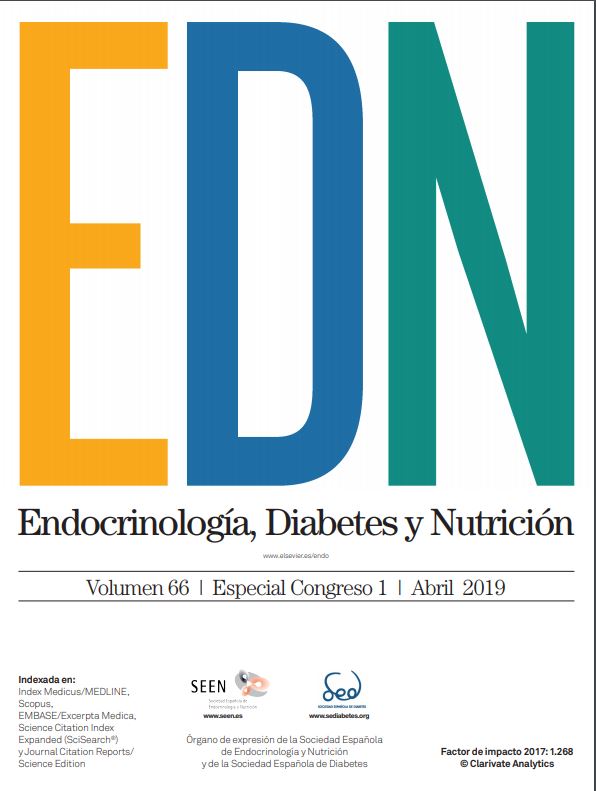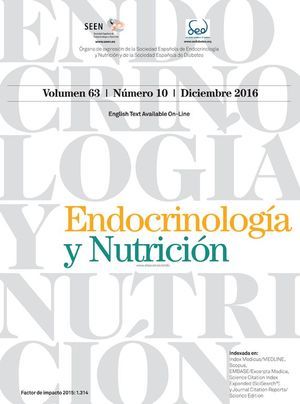P-123 - VITAMIN B3 IMPAIRS CHOLESTEROL METABOLISM IN HYPERCHOLESTEROLEMIC MICE
aInstitut de Recerca Hospital de la Santa Creu i Sant Pau, Barcelona. bCIBER de Diabetes y Enfermedades Metabólicas Asociadas, CIBERDEM, Barcelona. cCIBER de Diabetes y Enfermedades Metabólicas Asociadas, CIBERDEM. Hospital de la Santa Creu i Sant Pau, Barcelona. dHospital de la Santa Creu i Sant Pau, Barcelona. eInstitut de Recerca de l’Hospital de la Santa Creu i Sant Pau i Institut d’Investigació Biomèdica de l'Hospital de la Santa Creu i Sant Pau, IIB-Sant Pau. CIBER de Diabetes y Enfermedades Metabólicas Asociadas, CIBERDEM, Barcelona.
Objectives: To study the effect of vitamin B3 administration over HDL function in a mouse model of hypercholesterolemia.
Methods: Apolipoprotein E-deficient (KOE) mice were challenged with a high-fat diet for 4 weeks. Groups of five KOE mice were treated with different doses of vitamin B3 (i.e., 0.25% and 1%) via tap water.
Results: The administration of vitamin B3 to KOE mice produced an elevation (∼1.5-fold; p < 0.05) in the plasma levels of cholesterol, which was mainly accounted for the non-HDL fraction. Compared with untreated mice, the administration of vitamin B3 to KOE mice produced a [3H]-cholesterol plasma accumulation (∼1.5-fold; p < 0.05) in the m-RCT. As revealed by kinetic analysis, the latter was mainly explained by an impaired clearance of non-HDL lipoproteins (∼0.8-fold; p < 0.05) in high-dose, vitamin B3-treated KOE mice. Consistently, the relative content of [3H]-tracer was lowered in the livers (∼0.6-fold; p < 0.05) and feces (> 0.5-fold; p < 0.05) of vitamin B3-treated mice. Nevertherless, the relative gene expression of several targets controlling hepatobiliary removal of cholesterol to feces, which include Abcg5 and Abcg8, showed a trend to be or were up-regulated in the liver (Abcg5: 2.9-fold; p < 0.05; Abcg8: 2.4-fold; p = 0.06) and small intestine (Abcg5: 2.1-fold; p = 0.15; Abcg8: 1.9-fold; p < 0.05) of high-dose, vitamin B3-treated mice.
Conclusions: Our data show that the administration of vitamin B3 to KOE mice impaired m-RCT in vivo. This finding was in part due to a defective clearance and reduced hepatic uptake of plasma non-HDL lipoproteins.






